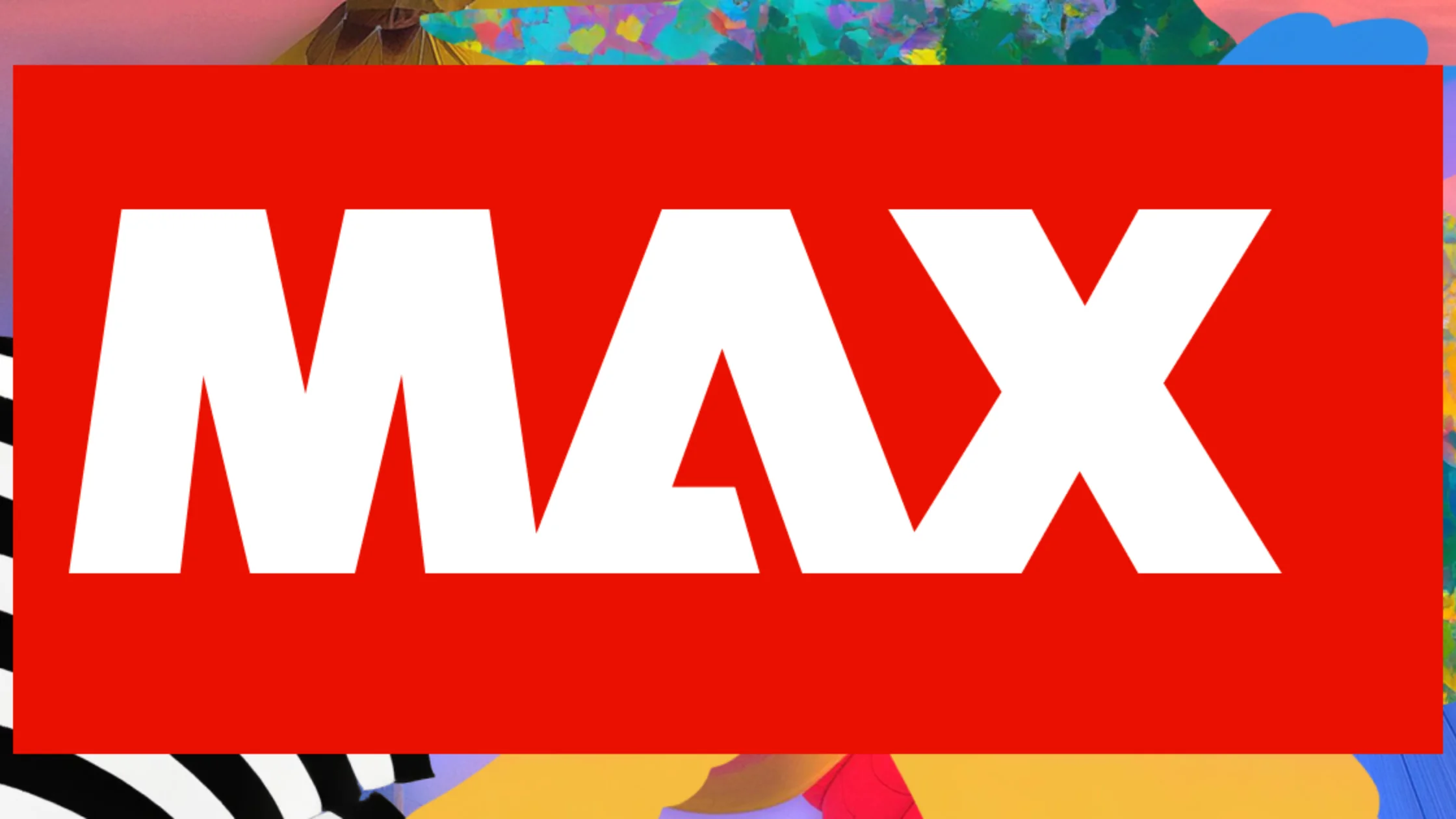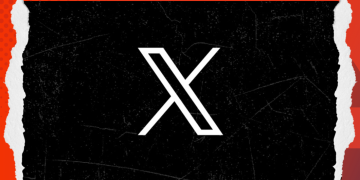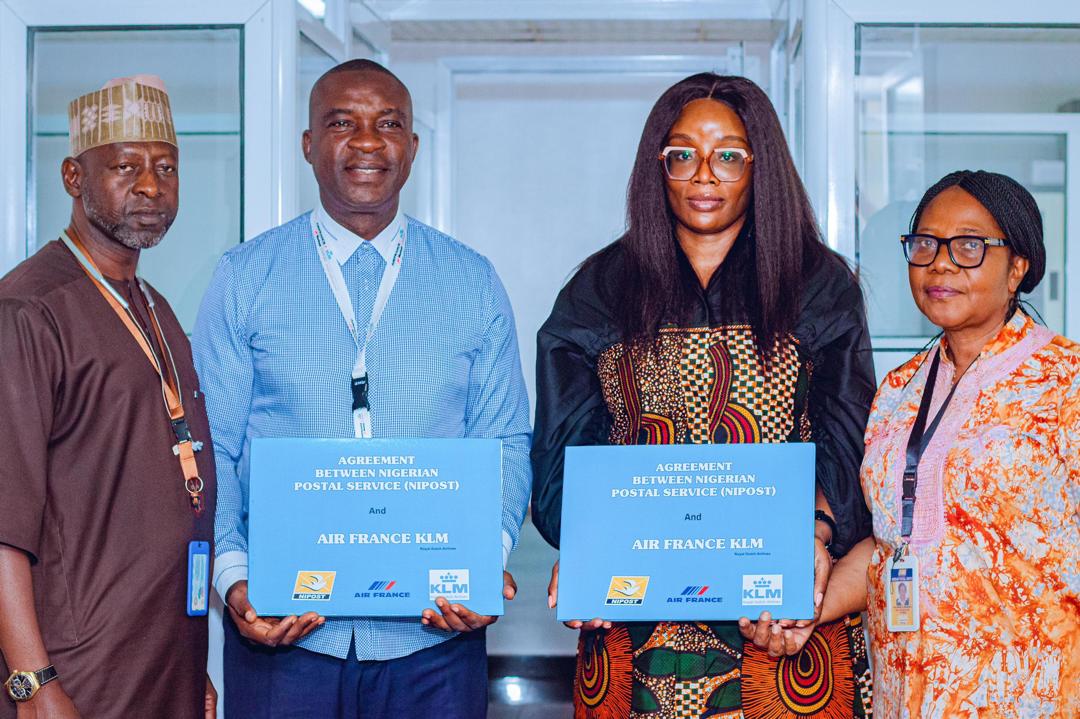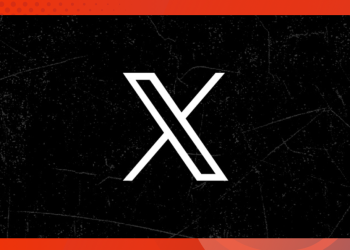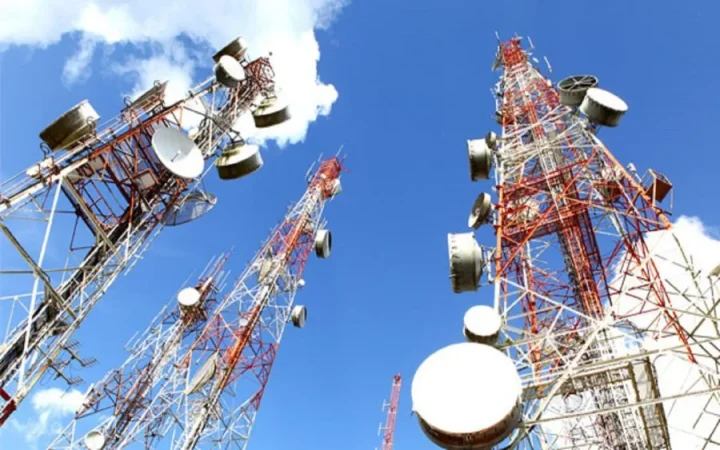African creators are shaping global visual culture, but you wouldn’t know it from the eligibility criteria for Adobe’s prestigious Creativity Awards. Despite positioning itself as a champion of “creativity from around the world,” Adobe has made every single African country ineligible for entry. This isn’t just an oversight. It’s a systemic exclusion of an entire continent.
In 2025, this is not just disappointing, it’s indefensible.
The Heartbeat of African Creativity Is Loud and Global
From Nairobi to Lagos, Kigali to Cape Town, African creators are not just catching up; they are leading. Visionaries like Karabo Poppy have designed for Nike and Netflix, blending street art with heritage. Photographers like Adetona Omokanye are capturing Africa’s cultural evolution with finesse and cinematic brilliance.
Across TikTok, Behance, Dribbble, and Instagram, African digital artists are telling local stories with global resonance. The continent’s creative economy is worth over $58 billion and employs millions. And yet, Adobe the world’s leading creative software company, does not find these creators eligible to be celebrated.
Adobe’s Awards: Global in Name, Exclusionary by Policy
The Adobe MAX Creativity Awards are described as “honouring the world’s most exceptional creative talent.” Yet, buried in the fine print, residents of all African countries are excluded from participation. Yes, even if they are paying, long-time Adobe customers.
This isn’t new. In the 2019 Adobe Design Achievement Awards, only one African winner—a student from South Africa’s Stellenbosch Academy—was recognised.
The trend has continued. In 2025, as confirmed in the eligibility criteria, not a single African nation qualifies. Creators who have mastered Adobe Illustrator, Photoshop, Premiere Pro, and After Effects, often in resource-constrained environments, can’t even submit their work.
The irony? African creators are visible, vibrant, and valuable but not valid, according to Adobe.
The Most Common Excuses
When tech platforms exclude African users, we often hear the same excuses:
- “Regulatory limitations.”
- “Compliance risks.”
- “Currency complications.”
But if platforms like Netflix, TikTok, Spotify, Meta, and Canva can operate, monetise, and celebrate African creators, Adobe’s legal firewall argument feels lazy at best and discriminatory at worst.
Tech platforms are quick to sell to Africa. But when it comes to celebration, inclusion, and visibility suddenly, the continent becomes complicated.
As one X user, @hackSultan, sarcastically noted:
“Won’t be surprised when someone comes out to say ‘Ohhh no one in Africa has ever won that Adobe creativity award’. And everyone will just assume it’s because of skill level.”
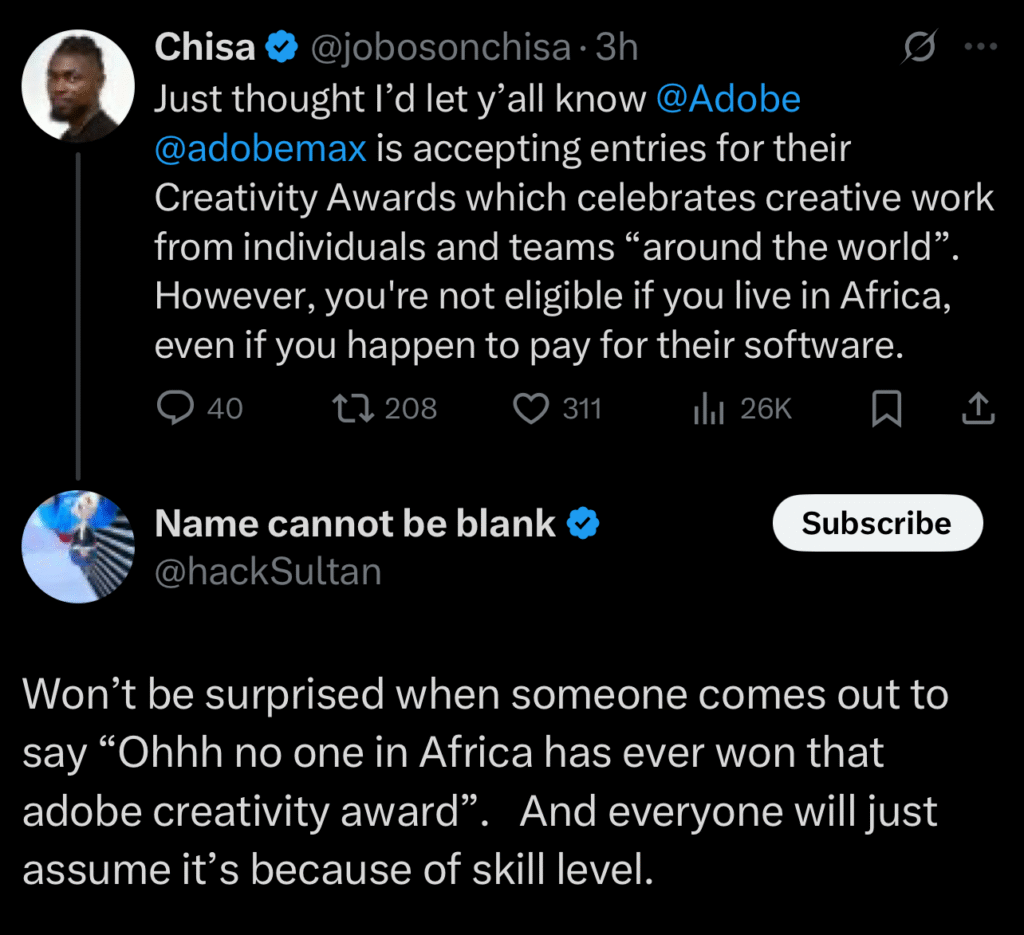
Why This Matters
Recognition is not a luxury. For creatives, visibility equals opportunity. Awards build credibility, open global doors, and lead to investment, employment, and partnerships. Exclusion from this ecosystem doesn’t just hurt morale, it blocks access to the pipelines of global creative capital.
When global brands shut the door on an entire continent, they’re reinforcing a narrative that says:
“We love your culture, but not your creators.”
And in today’s world, where cultural influence is monetised at scale, exclusion becomes economic disenfranchisement.
What’s Next?
It’s easy to use African culture in moodboards. It’s harder to back African creatives with real platforms, fair opportunities, and global stages. But that’s what true innovation demands.
Tech companies love to talk about equity. Now is the time to embed it in your policies, not just your PR.
To Adobe: If you truly believe creativity knows no borders, stop drawing the line at Africa.

